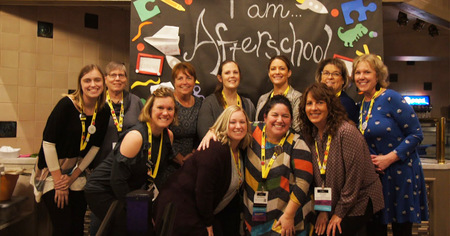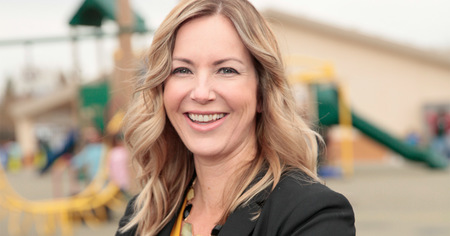As the world changes, the needs of young people shift. Listening to their needs and applying it to youth programs significantly increases their overall development.
Sharing the platform for program influence offers youth a sense of value and contribution into the programs that are made just for them. Youth voice promotes student engagement and empowers young people to build and display their leadership skills. Ultimately, the youth development professionals make the final decisions on program policies and procedures but providing on-going opportunities for youth to use their voices to provide input creates an environment that will keep them involved and committed to the program.
Here are three beneficial outcomes that emerge from encouraging youth to share their voices, and in turn, empowering for success now and in the future. Through youth voice opportunities, young people:
- Develop communication and public speaking skills. Youth are encouraged to speak confidently about topics they are passionate about.
- Build leadership skills. Learning advocacy skills will not only enhance their current abilities but will serve them in their futures as adults in the workforce.
- Learn structure in policy. It is important to expose them to how their voices can affect change for the betterment of their communities
Sharice Johnson, Youth Development Leadership graduate student of Clemson University, is a Programs Leader at The Milton Hershey School and an Executive Member of NAA.




